Introduction
Do You Need Vitamin Supplements. Nothing can take the place of a healthy diet to give you the vitamins and minerals your body needs. However, as you get older you might find that you’ll benefit from a supplement. And especially if you’re not getting what you need from your diet. But, when taking vitamins, you don’t need to take more than the daily recommended dosage. Also, taking more than you need might be harmful. You should not start taking vitamins without advice from your doctor.
Are Vitamins Necessary for Older Adults?
Do You Need Vitamin Supplements. At least half of adults aged 65 and above take daily vitamins and other supplements. But only a fraction actually needs them. In addition, the majority of older adults, can improve their diet to get their needed nutrients. Consequently, “A lot of money is wasted in providing unnecessary supplements to millions of people who don’t need them.”
Calcium
Do You Need Vitamin Supplements. With age, you can start to lose more of this mineral than you absorb. That can make your bones break more easily (osteoporosis), especially for women after menopause. Calcium helps your muscles, nerves, cells, and blood vessels work right. You get most of it from your bones, which get it from food. Women over 50 and men over 70 should get about 20% more than other adults. Milk, yogurt, and cheese are good sources.
Vitamin B12
Do You Need Vitamin Supplements. It helps make blood and nerve cells. You get it naturally from animal foods like meat, fish, eggs, and dairy. Pills, shots, and “B12-fortified” foods, like breakfast cereal, are other sources. Most Adults eat enough, but age can change that. Up to 30% of people over 50 have atrophic gastritis, which makes it harder for your body to absorb it from foods. Antacids, some meds, and weight loss surgery can contribute to a lack of B12.
Vitamin D
Do You Need Vitamin Supplements. Your body needs it to absorb calcium. So take them in tandem to help prevent osteoporosis. Vitamin D also helps your muscles, nerves, and immune system work right. Most people get some vitamin D from sunlight. But your body is less able to convert sun’s rays to vitamin D as you age. It’s harder to get this vitamin from foods, but fatty fish like salmon, mackerel, and sardines are a good source.
Vitamin B6
Do You Need Vitamin Supplements. Your body uses it to fight germs and to make energy. It also helps babies’ brains grow. You need more B6 as you get older. Some studies have found links between high B6 blood levels in seniors and better memory. But the vitamin doesn’t seem to improve mental abilities in people with dementia. Chickpeas are an easy and inexpensive source. So are liver, fatty fish and fortified breakfast cereals.
Magnesium
It helps your body make protein and bone, and it keeps your blood sugar stable. You can get it from nuts, seeds, and leafy greens. But older people tend to eat less of it. Plus, they’re more likely to have long-term health conditions or take many medications, both of which may leave you short of magnesium.
Probiotics
These “friendly” bacteria are good for your gut. You get them from fermented foods like yogurt or sauerkraut, or from supplements. They can help with digestive issues like diarrhea or irritable bowel syndrome, and may even protect against allergies. Probiotics are likely safe if you’re healthy. But talk to your doctor first if you have any medical issues or a weakened immune system.
Omega-3s
These fatty acids are called “essential” because your body can’t make them. They’re important for your eyes, brain, and sperm cells. They also could help protect against age-related disease like Alzheimer’s, arthritis, and macular degeneration, which can cause blindness. Unless your doctor says otherwise, it’s best to get your omega-3s from food like fatty fish, walnuts, canola oil, or flaxseed.
Zinc
Many American seniors don’t get enough of this underappreciated micronutrient. It helps your sense of smell and taste, and fights infections and inflammation — all important jobs in older bodies. Zinc also may protect your vision. Oysters are far and away the best source of this mineral. Otherwise, you can get it from beef, crab, and fortified breakfast cereals.
Selenium
It protects your cells from damage and infection, and keeps your thyroid working the right way. Selenium also can keep your muscles strong, and may help prevent age-linked illnesses like dementia, some types of cancer, and thyroid disease. Just one or two Brazil nuts a day should be enough. Don’t overdo it. Too much selenium can make your hair fall out and turn your nails brittle.
Potassium
Potassium plays a part in almost everything inside your body, including your heart, kidneys, muscles, and nerves. It also may help protect against stroke, high blood pressure, and osteoporosis. Many older adults don’t get enough. Dried apricots, bananas, spinach, milk, and yogurt are good sources. Ask your doctor before you take supplements. They can interfere with medications for high blood pressure, migraine, and other conditions.
Folate
This natural form of vitamin B9 is in leafy greens, nuts, beans, and other foods. Pregnant women take a lab-made form of vitamin B9 called folic acid to help prevent birth defects. Folate helps with cell growth and may protect against stroke and certain cancers. Most older adults get enough. Folate found in foods is safe. But too much folic acid from supplements or fortified foods can raise your odds of having colon cancer or nerve damage.
Fiber
You probably know fibre is good for you. But did you know it’s even more important as you age? So then, fibre helps protect against strokes, helps you poop more regularly. And lowers your cholesterol and blood sugar also big benefits in older bodies. Therefore, women over 50 should get at least 21 grams a day, while men need 30 grams. But most people don’t get that much. Here, that’s equal to about 6-8 servings of whole grains, or 8-10 servings of vegetables.
Multivitamins
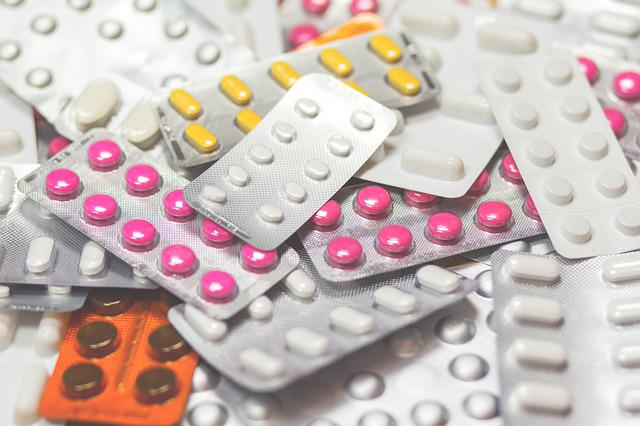
There’s little, if any, proof that multivitamins benefit seniors who are otherwise healthy. The U.S. Preventive Services Task Force recommends against daily multivitamins to ward off cancer or heart disease. Multivitamins marketed at seniors may be tailored with higher doses of vitamins D or B12 or less iron. But unless you have a poor appetite or have conditions that keep you from eating a healthy diet, you probably don’t need them.
In Conclusion
Whether it’s vitamins, minerals, or fibre, it’s best to get them from foods instead of pills. But that can be a challenge for some older Adults, especially if you don’t eat a balanced diet. You’re most likely to lack vitamin D, potassium, calcium, or dietary fibre. If you think you need more than you can get from food, talk to your doctor about supplements that will be safe with your meds, diet, and health.
Important Note *
Remember that everyone is different, and it is ultimately YOUR RESPONSIBILITY to find what your body responds to. So please do your due diligence before trying anything new, including getting Medical Advice to ensure your safety and peace of mind.
Connect with me and leave a comment or two on my social media.
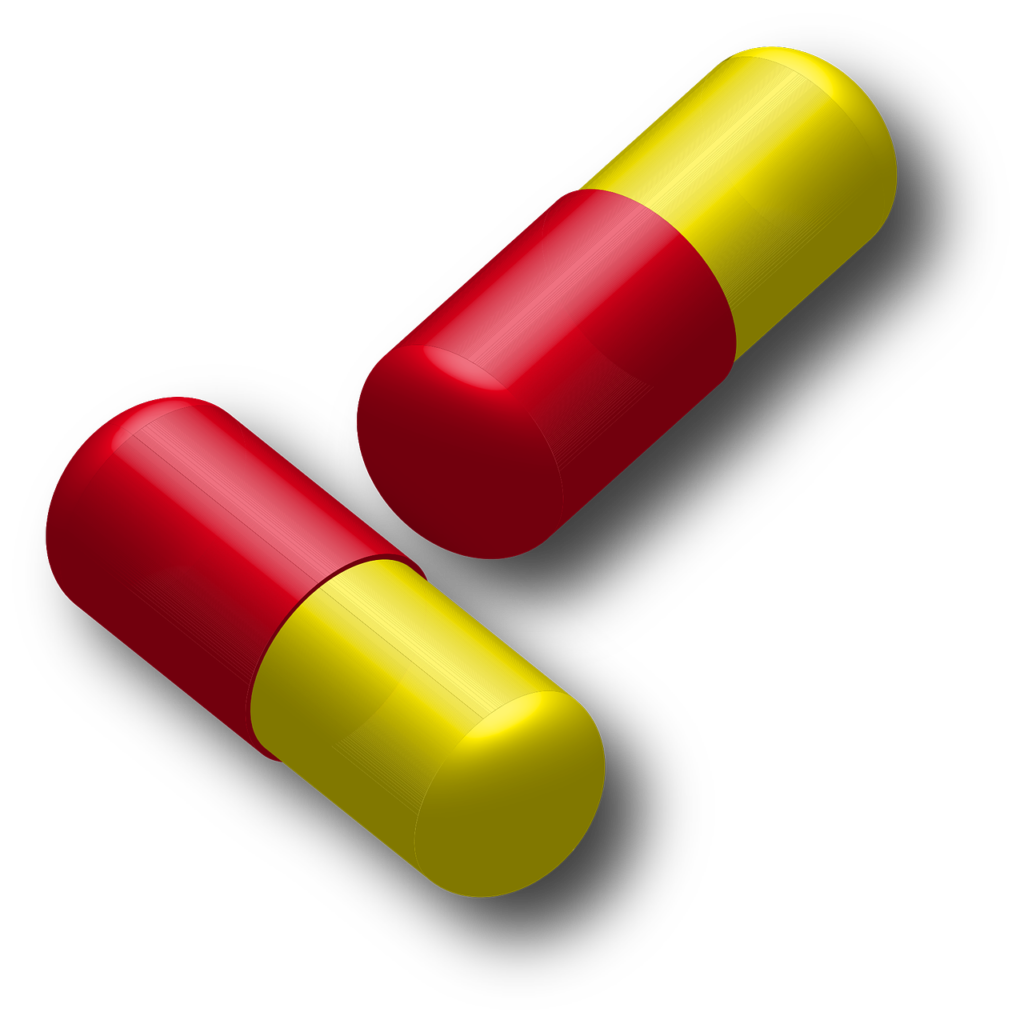
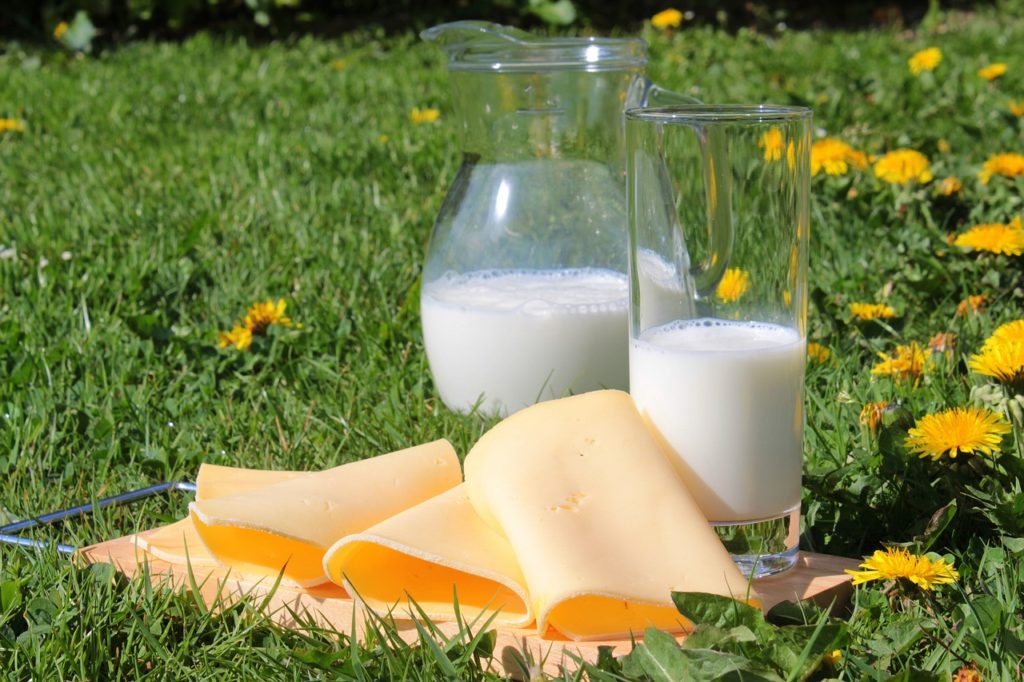
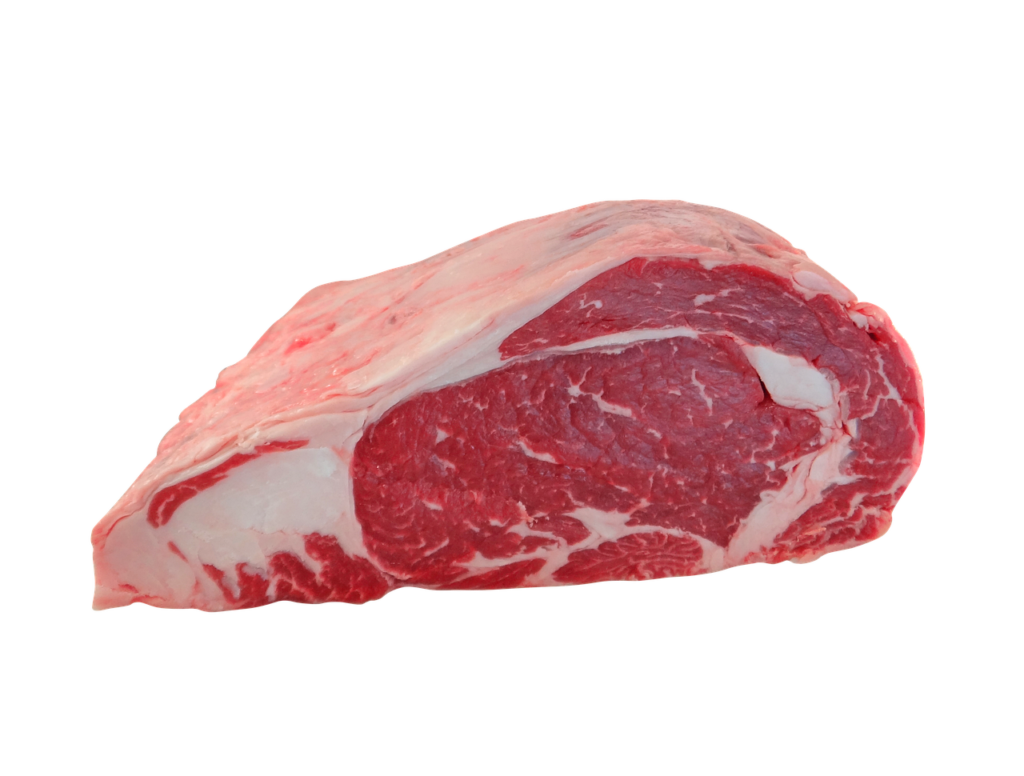

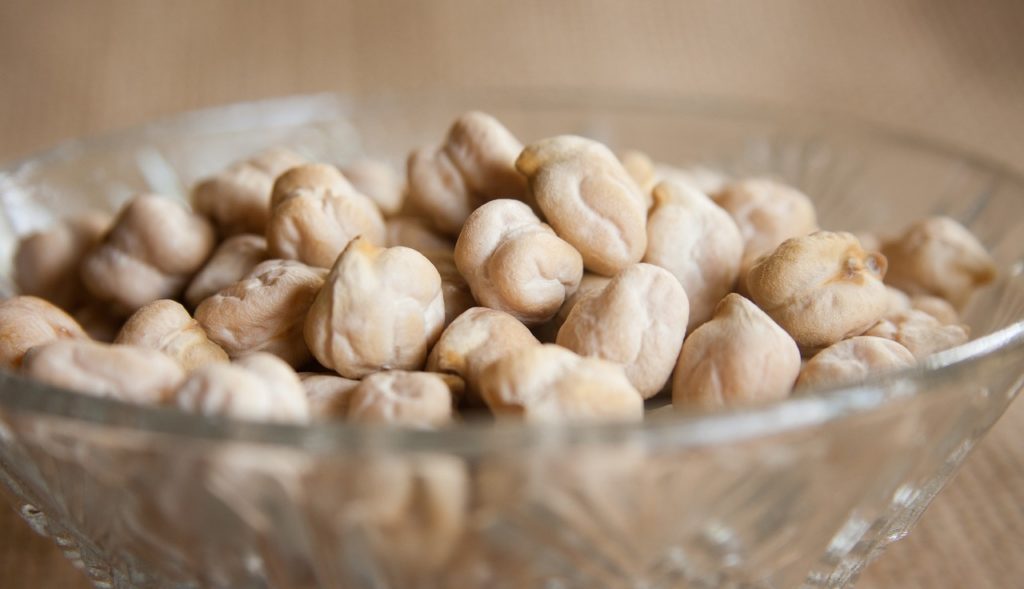
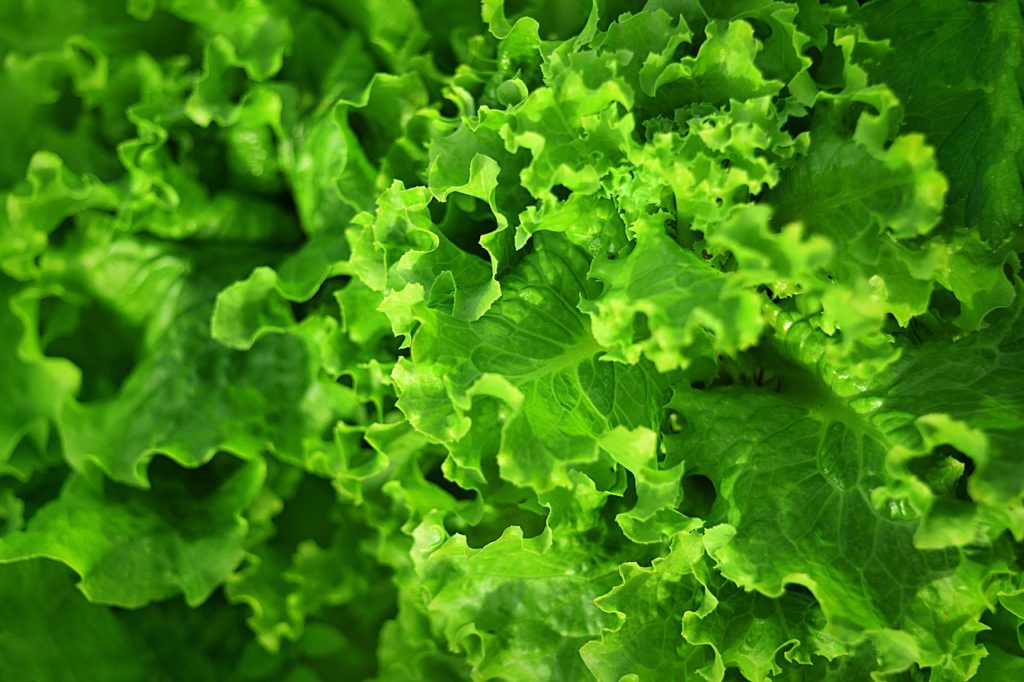
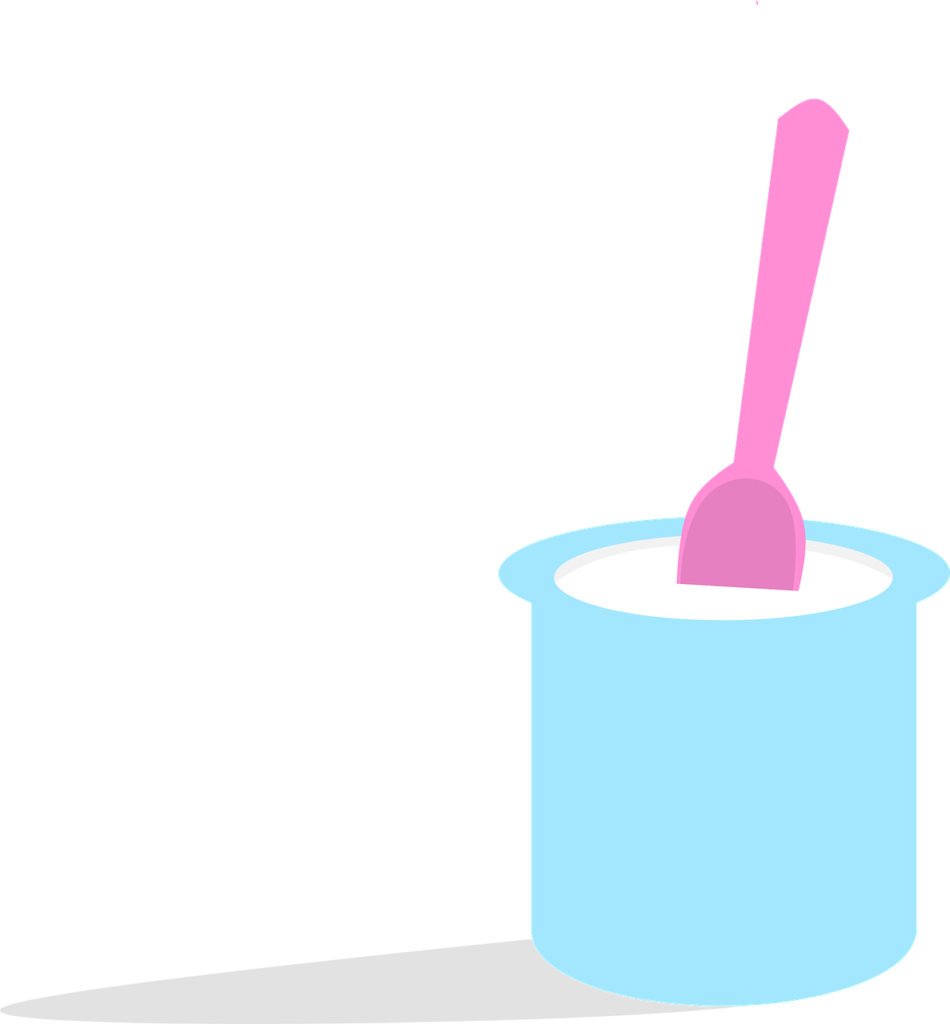
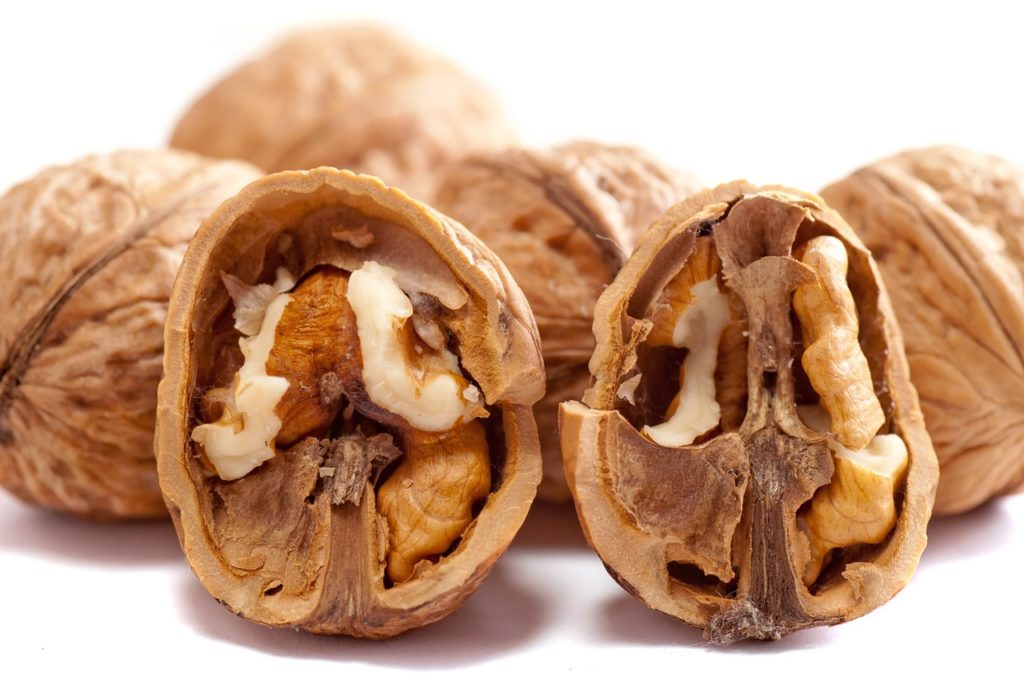
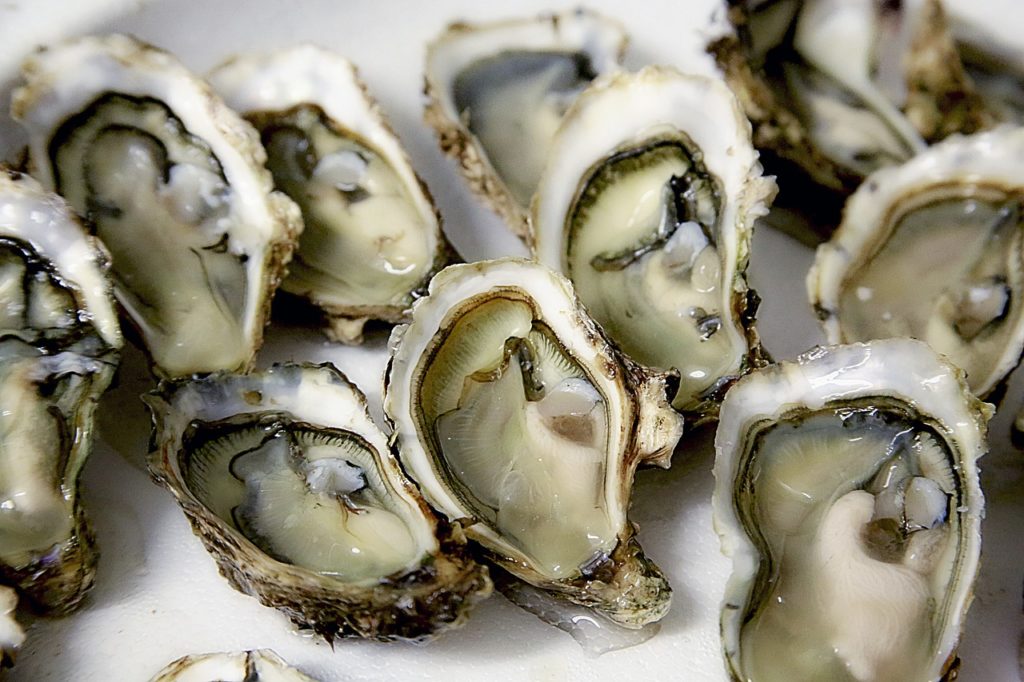
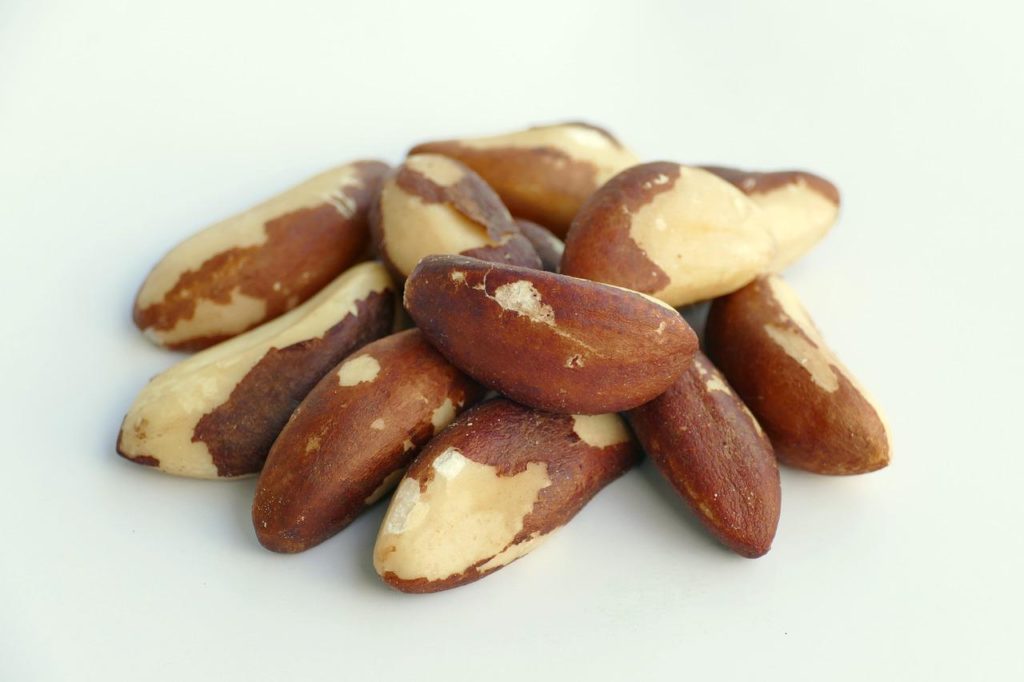
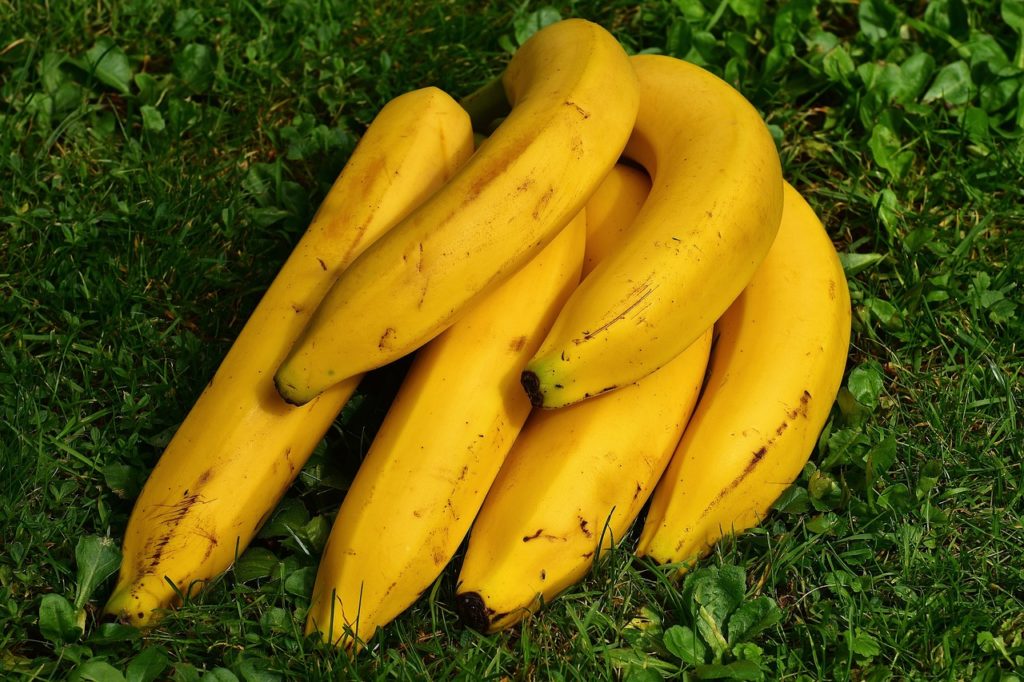
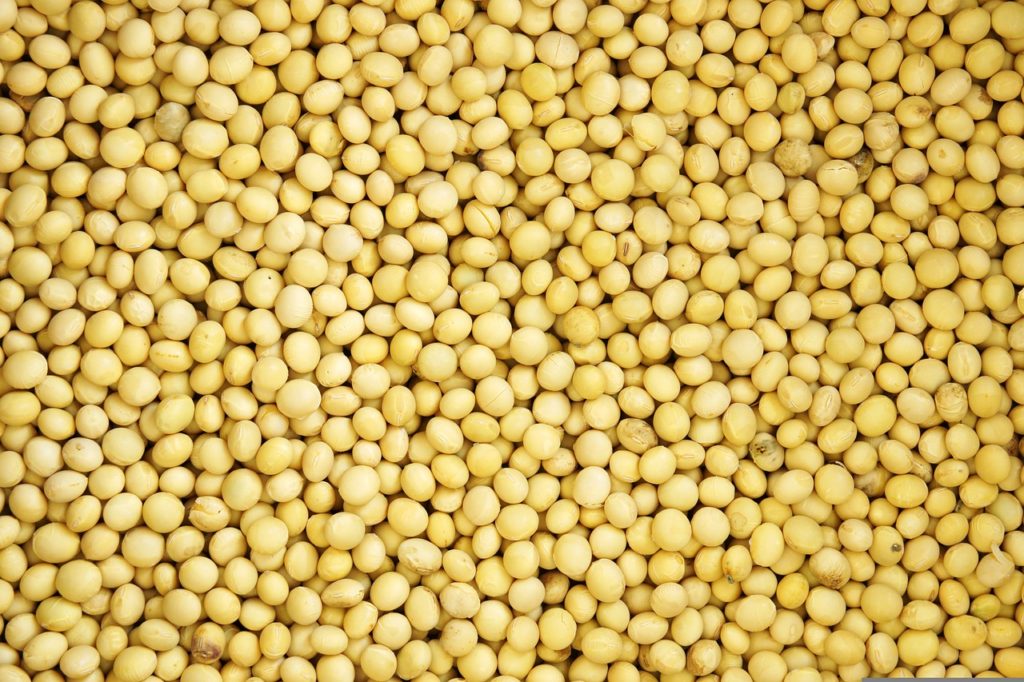

6 replies on “Do You Need Vitamin Supplements”
Thanks for all the information and for your efforts in sharing. Good job!!
I am in Mexico.
Hi Rita, Thank you for your kind words, I appreciate your taking the time to comment, All the very best Ian
Thanks Ian, your advice is much appreciated.
OK Keith, Glad I could help, All the best, Ian
Love your emails so informative and always serve as a reminder to us all.
Hi Joanne, Thank you for your kind words, I try to make my posts informative and accurate, I appreciate you taking the time to comment, All the very best, Ian